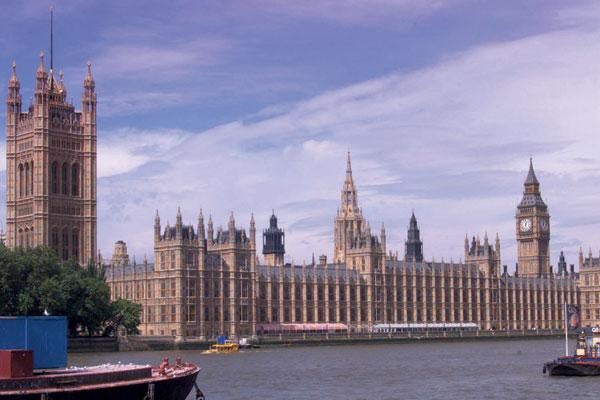
Gordon Brown’s government has told editors they must ensure news gathering is undertaken ‘in an ethical way’if they want to continue to regulate themselves.
In its first considered statement on the matter since Brown succeeded Tony Blair, the new government has said there is no case for statutory regulation of the press.
But it has warned that if self-regulation is to be continued to be supported by the public then the industry itself must remain vigilant about how it gathers news.
It handed out the warning while welcoming the Press Complaints Commission‘s new guidance to editors on subterfuge following the Clive Goodman royal phone-tapping affair.
‘We believe the implementation of these measures will do much to bolster public confidence in the way information for stories is gathered,’the government told the Commons media select committee.
The all-party committee hadmade recommendations for changes after examining whether self-regulation was working following the imprisonment of former News of the World Royal Correspondent Clive Goodman, and the hounding by the paparazzi of Prince William’s girlfriend Kate Middleton.
In January, Goodman was jailed, along with private investigator Glenn Mulcaire, for accessing voice-mail messages left for members of the Royal Family, and other high-profile figures.
Responding to the committee, the government acknowledged that the new PCC guidelines had made a number of changes ‘ as recommended by the committee and introduced a number of additional measures”.
Key changes, the government noted, were:
- Contacts between the press and external contributors or service providers should contain explicit requirements to abide by the PCC’s Code of Practice and the Data Protection Act;
- Staff contracts should contain a reference to the need to abide by the Code of Practice and the Data Protection Act;
- The press should review regularly their procedures and training in the Data Protection Act and other privacy-related matters, including the need for stringent audits of cash payments.
The government noted that the MPs had not sought ‘to intervene in any way in what a newspaper or magazine might choose to publish, but looked at the way in which information is gathered”.
‘This is an area of legitimate public concern,’the government said.
‘If self-regulation is to continue to be supported by the public, then the industry itself must remain vigilant about ensuring that it gathers its information in an ethical way.”
The statement makes clear the Brown-led government has no intention of taking up the suggestion offered by Blair just a few days before his departure that it should examine, in the light of media convergence, whether newspaper journalists should face the same regulation as broadcasters, who are subject to statutory regulation.
In his response, Press Complaints Commissions director Tim Toulmin told the MPs that the commission had hosted a training seminar for national newspaper journalists on undercover investigations, and would be writing to publishing companies to find out how they had responded to its recommendations.
But Toulin said the PCC was ‘dismayed to be criticised for its handling of the situation regarding photographers and Kate Middleton and for the publicity that the committee chose to give to this unjustified criticism”
Toulmin said: “It was Commission officials who took the initiative and proactively approached her lawyers in January to offer to help. We had ourselves spotted that the situation appeared to be troubling, even before the notorious scrum on Miss Middleton’s birthday.
‘As a result, a series of conversations followed with her representatives, during which the Commissioner made clear that it was ready to act at a moment’s notice. This the Commission did as soon as it was requested to do so.
‘The Commission rejects the idea that it should intervene in cases without the say so of the person affected. Apart from being objectionable in principle, it would very quickly establish a two-tier service which favours celebrities and high profile people and would be impossible to enforce fairly.”
Email pged@pressgazette.co.uk to point out mistakes, provide story tips or send in a letter for publication on our "Letters Page" blog






